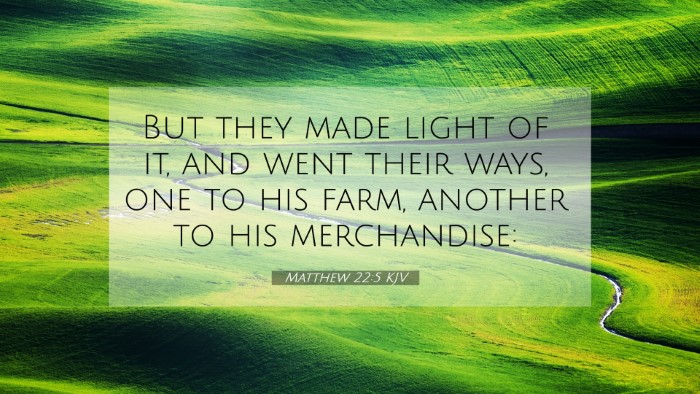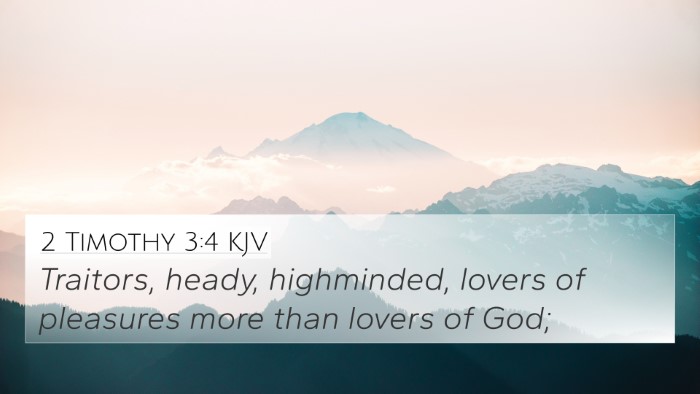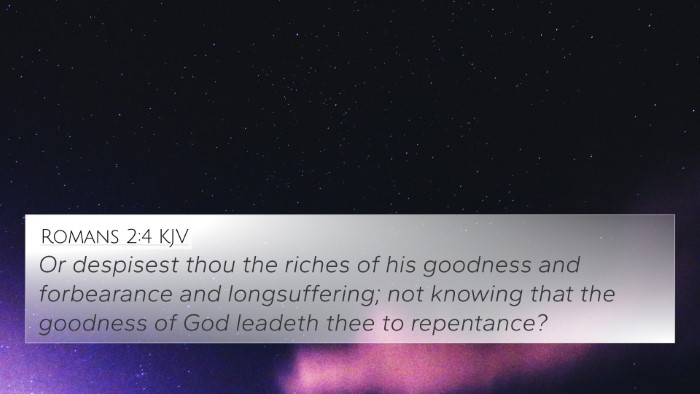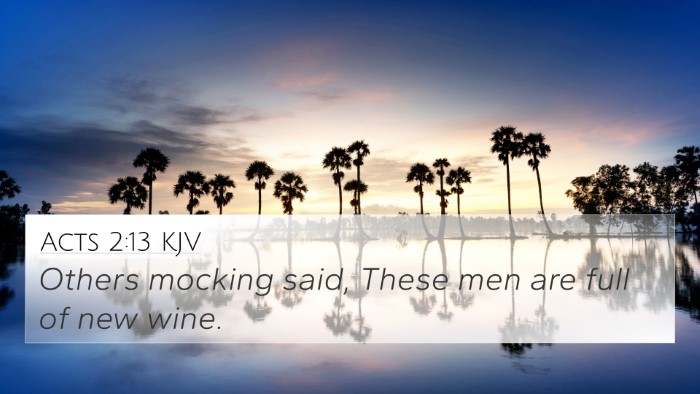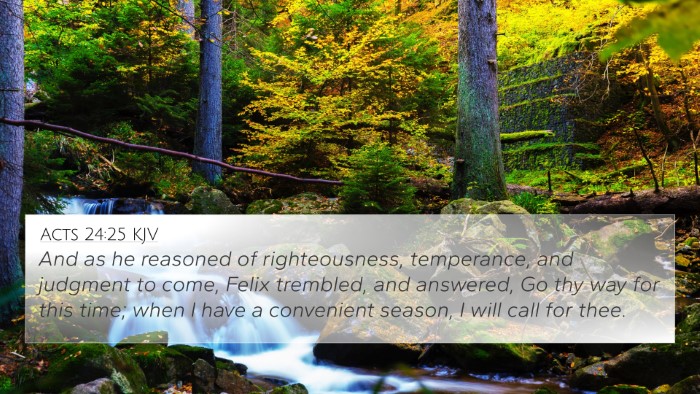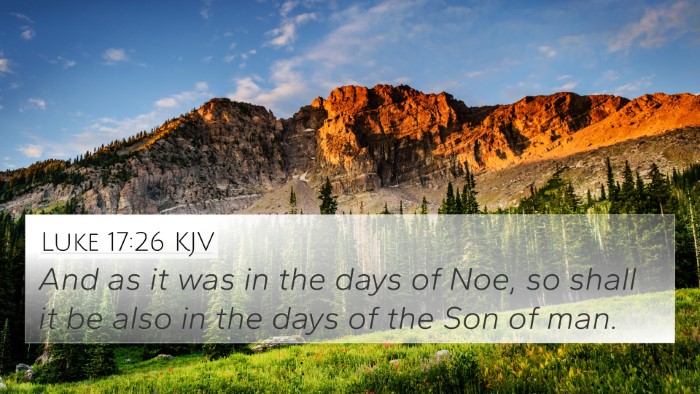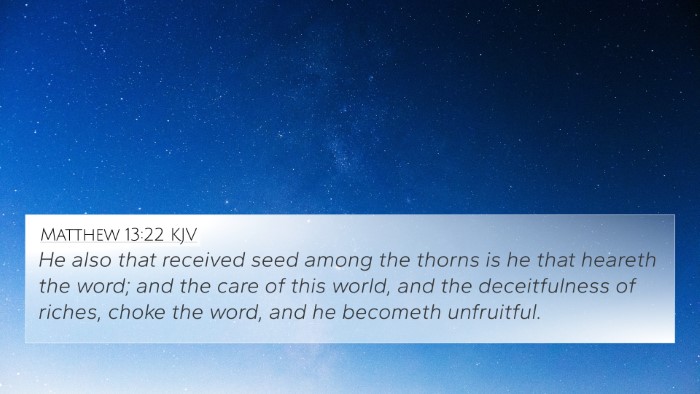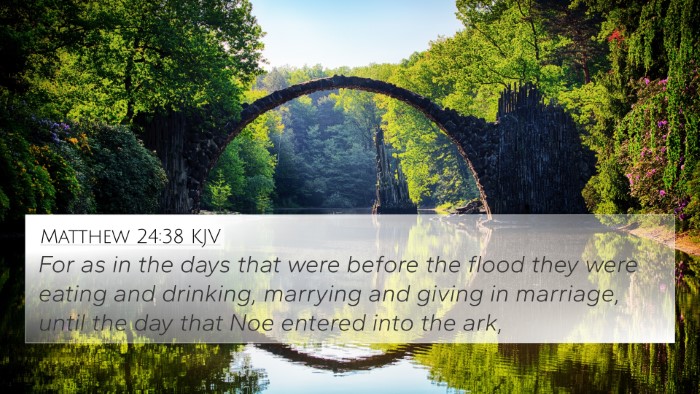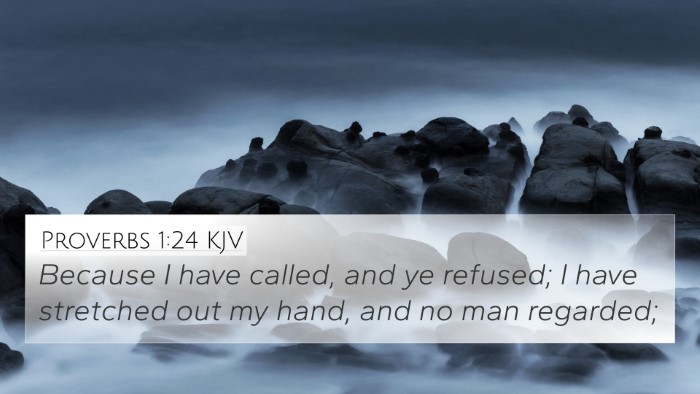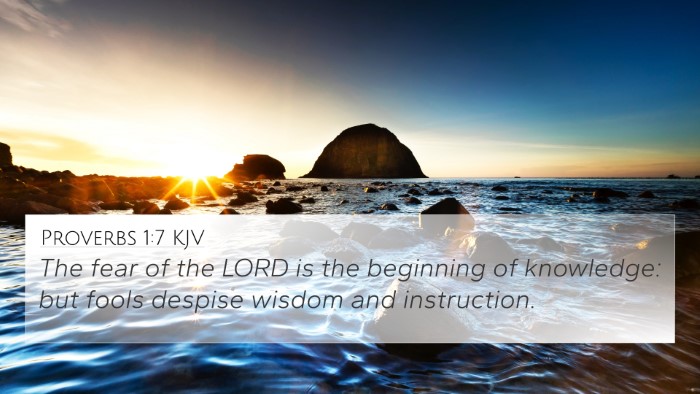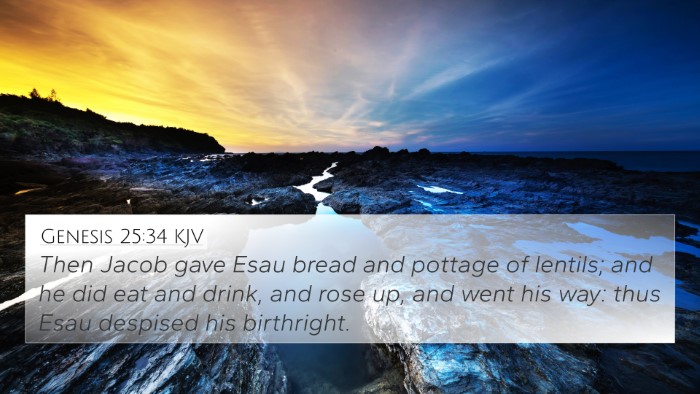Understanding Matthew 22:5
Matthew 22:5 states: "But they made light of it and went their ways, one to his own farm, another to his business." This verse is part of the Parable of the Wedding Feast, where Jesus illustrates the Kingdom of Heaven. The meaning of this passage is rich with insights derived from various public domain commentaries, such as those from Matthew Henry, Albert Barnes, and Adam Clarke.
Context of the Verse
The context of Matthew 22:5 is crucial for understanding its implications. In this parable, Jesus likens the Kingdom of Heaven to a king who prepares a wedding feast for his son. When the invited guests refuse to come, representing the Jewish leaders' rejection of Jesus, the king sends out his servants to invite others. This illustrates God's desire for all to partake in the blessings of His Kingdom.
Summary of Insights from Commentaries
-
Matthew Henry: Henry emphasizes that the guests' indifference reflects a tragic attitude towards God's invitation. Their excuses—farming and business—indicate misplaced priorities and a failure to recognize the importance of the event.
-
Albert Barnes: Barnes underlines the contrast between the king's generosity and the guests' dismissiveness. He notes that the refusal to attend serves as a commentary on the widespread rejection of Christ, highlighting a lack of spiritual perception among the people.
-
Adam Clarke: Clarke points out that the parable warns of the consequences of neglecting God's call. He interprets the actions of the guests as representing those who prioritize worldly affairs over spiritual commitments, ultimately leading to their exclusion from the feast.
Thematic Connections
The verse reflects several themes, including:
- Apathy towards God's call: The guests' responses symbolize a lack of urgency in responding to divine invitations, which can relate to contemporary attitudes toward faith.
- Prioritization of worldly matters: The verse indicates how distractions from daily life can prevent individuals from engaging with spiritual opportunities.
- Consequences of rejection: The eventual fate of the guests illustrates the seriousness of ignoring God’s call, serving as a warning to all who hear the Gospel.
Cross-References for Deeper Understanding
This verse can be connected with various other Scriptures that explore similar themes:
- Luke 14:16-24: The Great Banquet, where excuses prevent guests from attending.
- Matthew 11:20-24: Woe to unrepentant cities, highlighting rejection of divine revelation.
- John 1:11: "He came to his own, and his own received him not," underscoring rejection of Christ.
- Romans 10:21: God’s longing for those who are disobedient.
- Revelation 3:20: The invitation to fellowship signifying God’s continuous outreach.
- Proverbs 1:24-25: Wisdom's call and the consequences of refusal.
- Matthew 7:13-14: The narrow gate and the few who find it, contrasting with the guests' choices.
Application for Modern Readers
Understanding Matthew 22:5 encourages readers to reflect on their priorities and responses to spiritual invitations. Just as the guests in the parable chose their farms and businesses over the king's feast, many today might prioritize their interests over spiritual commitments. This prompts a self-examination:
- Are we attentive to God’s calling in our lives?
- What distractions are preventing us from engaging in spiritual matters?
- How do we prioritize our time between worldly affairs and spiritual growth?
Conclusion
In summary, Matthew 22:5 is a profound reminder of the dangers of neglecting God's invitations. By exploring the insights from various commentaries and connecting this verse with other Scriptures, readers can gain a deeper understanding of its meaning and the importance of remaining vigilant and responsive to divine calls. This verse serves as an invitation not only to understand the parable but to engage in the larger narrative of God's Kingdom and His persistent call to all humanity.
Exploring Cross-Referencing Techniques
For those interested in pursuing deeper study, utilizing tools for Bible cross-referencing can enhance your understanding of Scripture. Here are some suggested methods:
- Using a Bible Concordance: This tool can help identify themes and connections throughout the scriptures.
- Cross-Reference Bible Study: Engage in practices that link verses thematically or contextually.
- Comparing Gospels: Studying parallel accounts can reveal deeper insights into specific themes.


